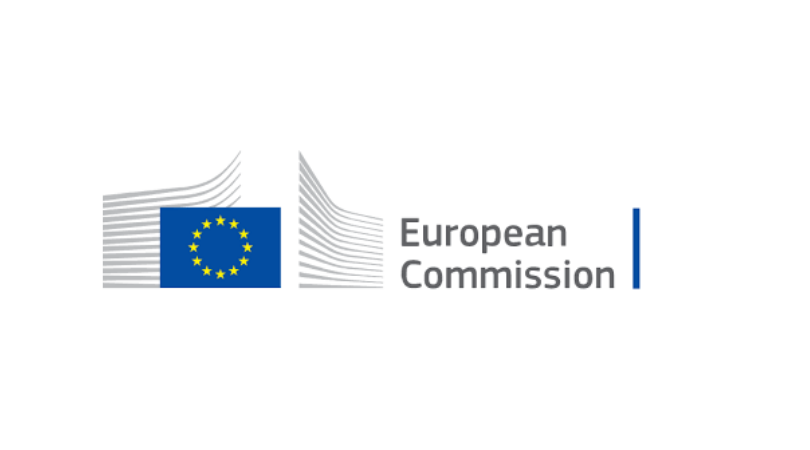The UK government has extended the third country benchmark transitional period by five years to 2030 following concerns major benchmarks would disappear from the market.
The Treasury department said the transitional period, which was due to expire in 2025, would be expanded to 31 December 2030 as some benchmark administrators may be “unable or unwilling” to continue to get market access to the UK.
It added the delay will allow the government to consider reforms to the third country benchmarks regime so companies “will not lose access to benchmarks that are critical to their operations”.
“The government has set out previously its concerns that, should the third country benchmarks regime come into force, it could reduce the number and variety of important benchmarks available in the UK,” the Treasury said in a policy update.
“This is because some third country benchmark administrators may be unable or unwilling to come through the existing access routes for continued market access to the UK.”
Under the UK Benchmark Regulation (BMR), only approved third country benchmark providers will be able to be used in the UK.
Providers will be required to seek approval via equivalence, recognition or endorsement to keep operating.
It is the second time the UK government has extended the transitional period after it was supposed to be implemented last year.
It comes as the European Commission said it would “significantly reduce” the scope of its BMR following concerns about the impact on financial stability.
In July, the European Commission delayed the introduction of BMR to 2025.
In 2020, the UK government announced equivalence between EU and UK benchmark administrators that are regulated under the BMR.
Following the decision, benchmark administrators from the European Economic Area (EEA) do not have to carry out the complex process of applying for recognition or endorsements that need to be approved in the UK.



